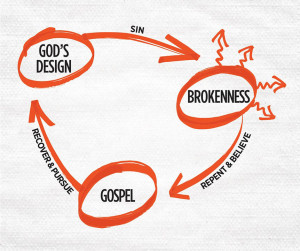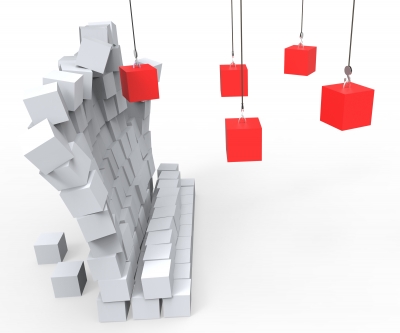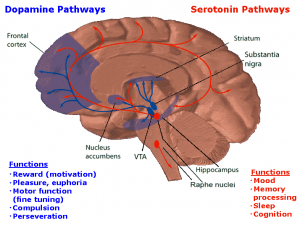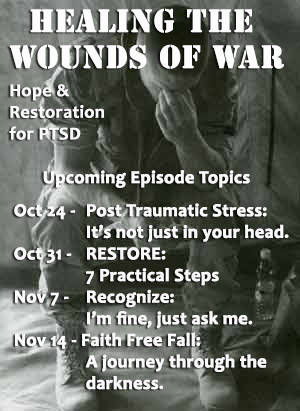Podcast: Play in new window | Download
 1 Peter 3:15b Always be ready to make your defense to anyone who demands from you an accounting for the hope that is in you (NRSV) or
1 Peter 3:15b Always be ready to make your defense to anyone who demands from you an accounting for the hope that is in you (NRSV) or
[And if anyone asks you about your Christian hope, always be ready to explain it. (NLT)]
We do not have to have the answer to every question, every objection, and every problem. Rather, we are called on to give an answer for the hope that we have from a life in Christ.
How do we share “Hope”?
It does not have to be complicated. We do not have to quote verse after verse to speak God’s truth. The truth of Scripture is true even if we do not quote the verse in conversation.
We share it by entering into conversations with people. It starts with caring enough to really listen. Our agenda should be to live out the love of God, the love God has for them and the love God has shown to us.
Surrounded by “brokenness”.
We are often in contact with people that are experiencing the results of broken lives, bodies, relationships, and dreams. In fact, we are no different. It is from our own experiences with “brokenness” that we can compassionately connect with our fellow man.
Sometimes we experience brokenness as a result of our own actions. Sometimes we experience brokenness as a result of the hurtful and selfish actions of others.
Many people talked about the difficulties they are facing, or difficulties their loved ones are facing. When the opportunity arises in a conversation I will ask something like, “Can I share with you what gives me hope?” If they consent then I share something like the following:
Three Circles
(developed by Jimmy Scoggins, Pastor, First Baptist Church of West Palm Beach, Fl.)
God’s Design:
Genesis 1:31 says, “Then God look over all he had made and he saw that it was very good!” (NLT)
(Note: you do not need to quote the Bible verses to express the Biblical truth.)
God has a design for sex, marriage, finances, health…relationships. When we depart from his design it result is our brokenness. We not only can hurt ourselves, but we often hurt others. Other people departing from God’s plan can also hurt us. This departure from God’s design is what the Bible calls sin. This departure leads to our brokenness and the brokenness of those around as, the brokenness of the world.
Romans 3:23 For everyone has sinned; we all fall short of God’s glorious standard. (NLT)
Brokenness:
Proverbs 14:12 There is a path before each person that seems right, but it ends in death. (NLT)
We experience brokenness in many ways: bodies, minds, finances, and relationships. We then seek to cover up our brokenness in an attempt to fix ourselves. Some self-help attempts may bring some improvements; but in the end they fall short.
We may also attempt to cover up the problem with drugs, alcohol, money, education, success, relationships, etc. Some of these actions end up causing harm and lead to more brokenness. None of them can fill the void or fix the damage.
At some point we realize that we cannot fix ourselves. We have tried this and that and nothing really changes.
God did not leave us in despair. There is Good News. He did for us what we could never do for ourselves.
The Gospel:
Gospel means Good News. God loves us, his creation, so much that he sent his Son to live as one of us, yet without sin. The Bible says, “He himself bore our sins in his body on the cross, so that, free from sins, we might live for righteousness; by his wounds you have been healed.” (1 Peter 2:24 NRSV)
Romans 10:29 If you confess with your mouth that Jesus is Lord and believe in your heart that God raised him from the dead, you will be saved. (NLT)
We know that we need to change. But we cannot fix our selves. The solution is not simply turning from “sin”. We must turn toward the One who designed us.
This kind of “change” is what the Bible calls repentance. When we confess that Jesus is Lord (that is, that He is Lord over our lives, this universe, our problems…) and believe that God raised Him from the dead (as such He is victorious over sin and even death itself) we will be saved.
“Saved” into a relationship with the Creator. We become a new person. It is as if we are born a second time. We start to experience God’s design for us and His creation.



